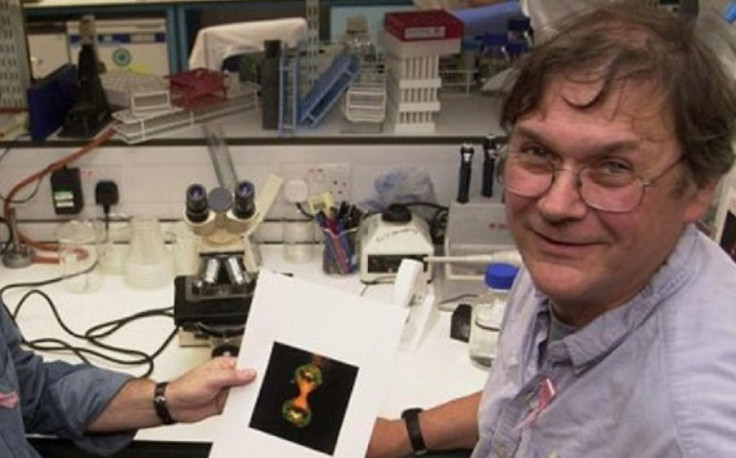Sacked Nobel Prize-winning scientist Sir Tim Hunt will not be reinstated at UCL

Professor Michael Arthur, the president of University College London, has seemingly blocked a return of Nobel Prize-winner Sir Tim Hunt, who was forced to resign due to "sexist" comments he made at a conference in South Korea.
Hunt told the conference: "Let me tell you about my trouble with girls. Three things happen when they are in the lab: you fall in love with them, they fall in love with you, and when you criticise them they cry."
Arthur said that he "regretted" the personal difficulty suffered by hunt, but his comments about women in laboratories had struck "such a discordant note".
These comments, he added, were at odds with the university's aim to create a working environment where women felt supported.
Arthur, in a statement in the staff news section of the UCL website, said that Hunt's offer of resignation was his personal choice and the honourable thing to do.
Not only women agreed with the university's decision
He said that despite many calls for him to reinstate Sir Tim, there had been "very significant" representations to him not to do so - and not only from women in science.
"Our view is that reversing that decision would send entirely the wrong signal and I have reason to believe that Sir Tim would also not want that to happen," he said.
Hunt's resignation prompted many messages of support for Hunt from scientists, including many Nobel laureates calling for his reinstatement.
The evolutionary biologist and author, Professor Richard Dawkins, described criticism of Hunt as a "witch-hunt".
Sir Andre Geim, of the University of Manchester, who shared the Nobel Prize for physics in 2010, told The Times that Hunt had been "crucified" by ideological fanatics. He also slammed UCL for "ousting him" from his post.
Unfairly treated
Avram Hershko, an Israeli scientist who won the 2004 Nobel Prize in chemistry, told the paper: "Maybe he wanted to be funny and was jet lagged, but then the criticism in the social media and in the press was very much out of proportion. So was his prompt dismissal — or resignation — from his post at UCL . . . I think that he was very unfairly treated."
However, Arthur said in his statement that "an honorary appointment is meant to bring honour both to the person and to the university. Sir Tim has apologised for his remarks, and in no way do they diminish his reputation as a scientist.
"However, they do contradict the basic values of UCL - even if meant to be taken lightly - and because of that I believe we were right to accept his resignation.
"Our commitment to gender equality and our support for women in science was and is the ultimate concern."
© Copyright IBTimes 2025. All rights reserved.





















